A report in Biofabrication authored by scientists from the Universities of Manchester and Strathclyde, AstraZeneca, Syngenta, Unilever and the NC3Rs highlights recommendations for applying bioprinting technology to improve safety testing while
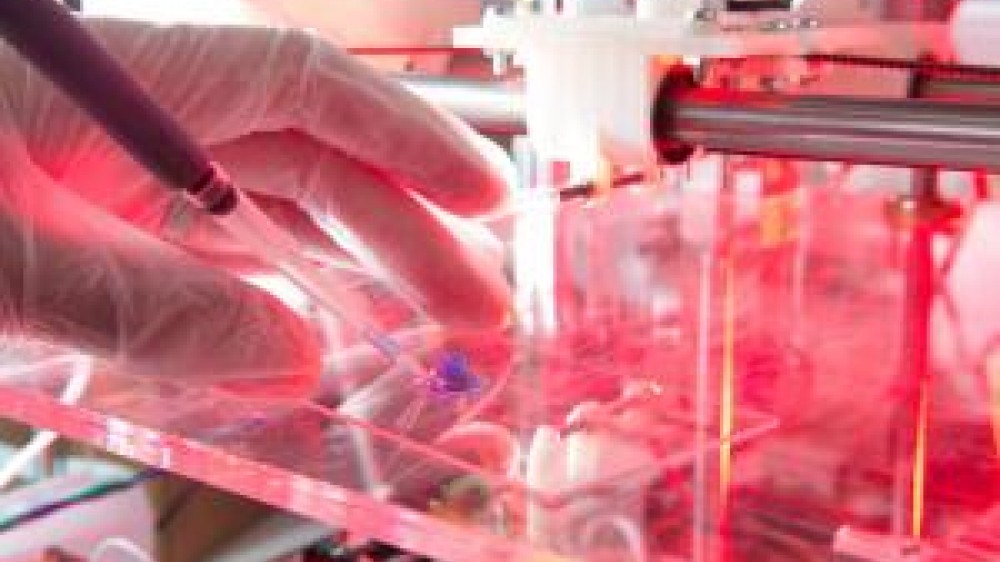
A report in Biofabrication authored by scientists from the Universities of Manchester and Strathclyde, AstraZeneca, Syngenta, Unilever and the NC3Rs highlights recommendations for applying bioprinting technology to improve safety testing while

Members of the NC3Rs team will be presenting their work at the tenth World Congress on Alternatives from the 20 to 24 August in Seattle. In addition to presentations and posters, we have organised two workshops.

The latest project grant funding from the NC3Rs includes two awards focusing on applying the 3Rs to poultry research.
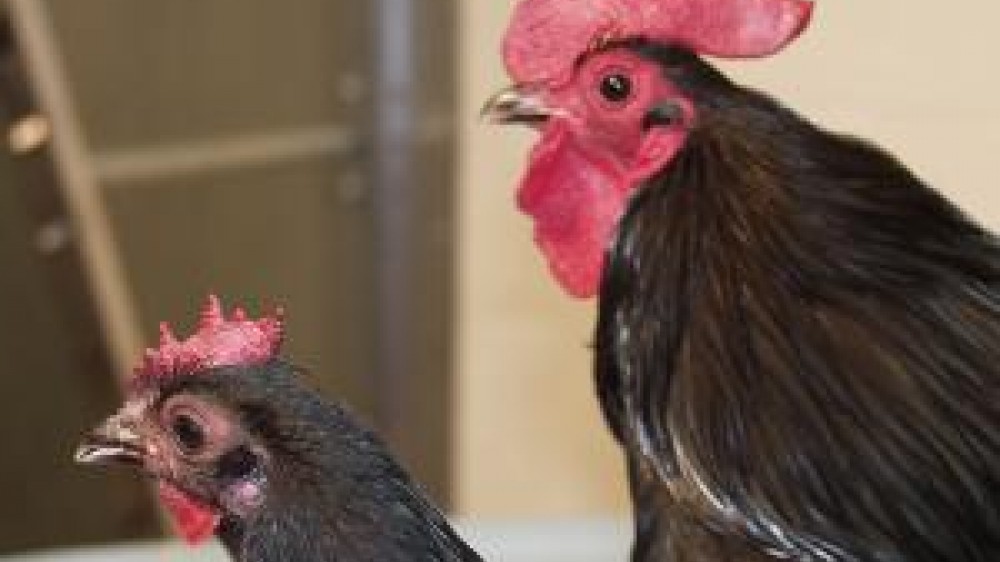
In her latest blog, NC3Rs Chief Executive, Vicky Robinson, describes our new collaboration with F1000Research to develop a portal for NC3Rs grant holders to publish details on their 3Rs method development.
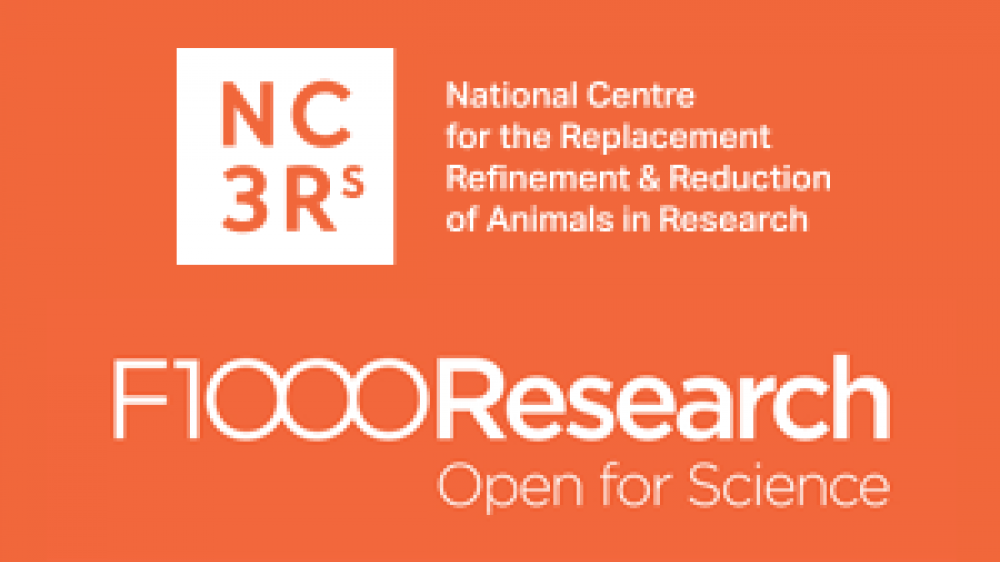
This is the first post in a series of guest blogs about different aspects of managing data and its importance for the 3Rs.

Today we have published a strategy document which sets out our plans for the next three years.
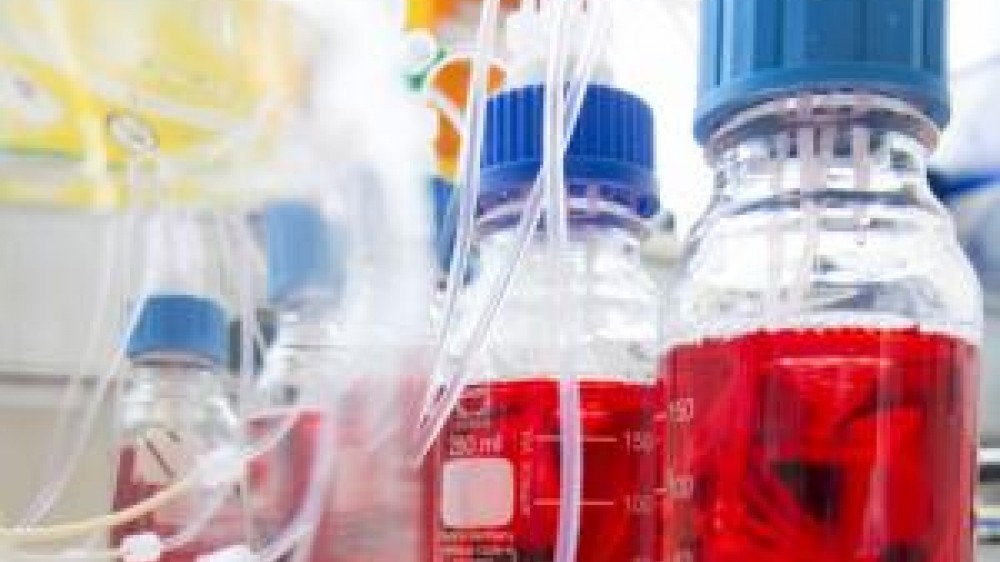
Scientists at Newcastle University have investigated whether social stimuli can be used to reduce fluid restriction for macaques used in behavioural neuroscience research. Their findings are published in PLoS ONE.
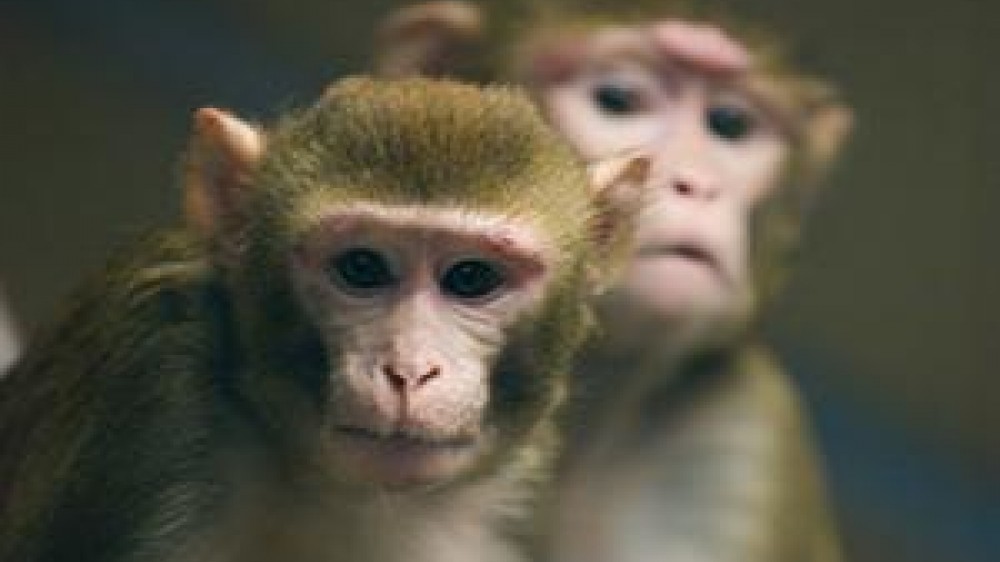
The NC3Rs has sponsored four events during this year’s Pint of Science festival, where researchers took over pubs across the UK to speak about their work.
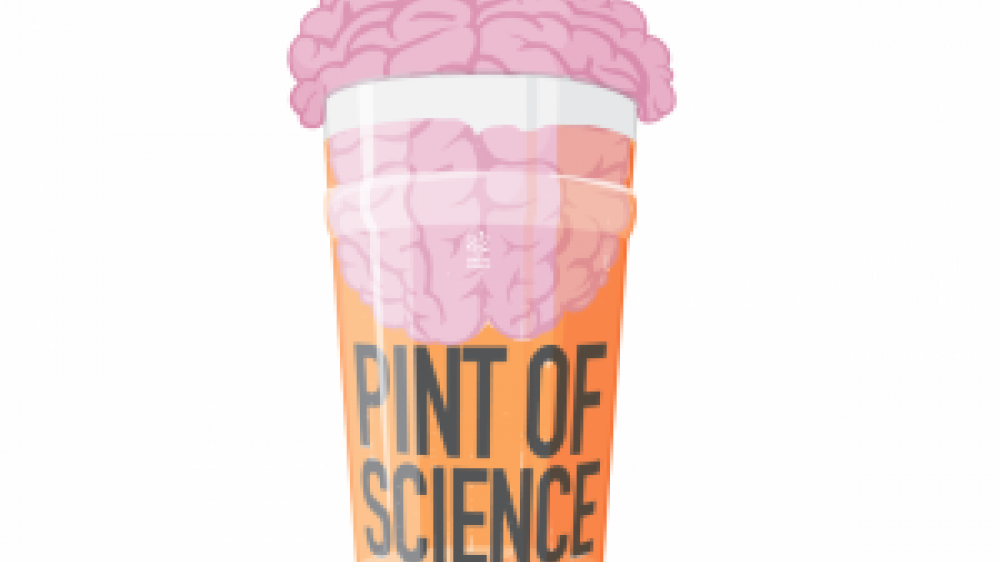
Scientists at Newcastle University have developed a novel automated system for positive reinforcement training (PRT) of macaque monkeys, suitable for use in breeding and research facilities.
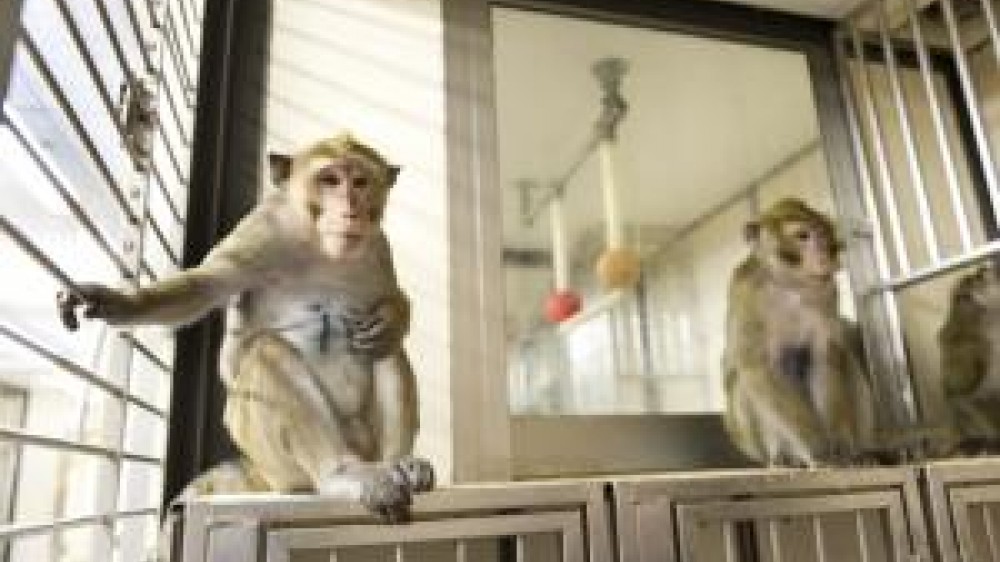
Researchers at University of Portsmouth have optimised a robust sperm preservation method that will reduce the number of frogs used in research.
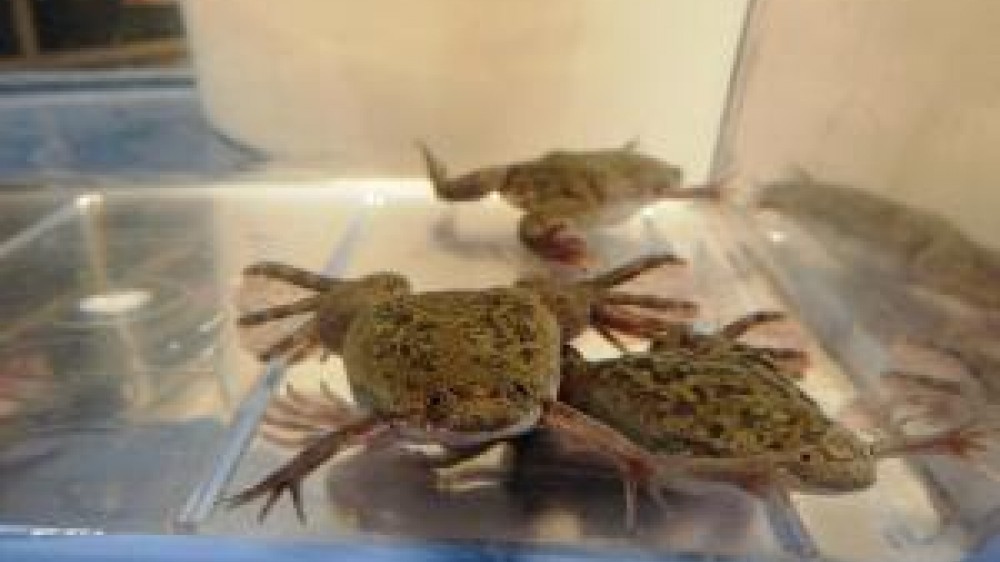
Many scientists can be reluctant to adopt new 3Rs technologies and approaches because of concerns about comparison with historic data or access to specialist skills for example.
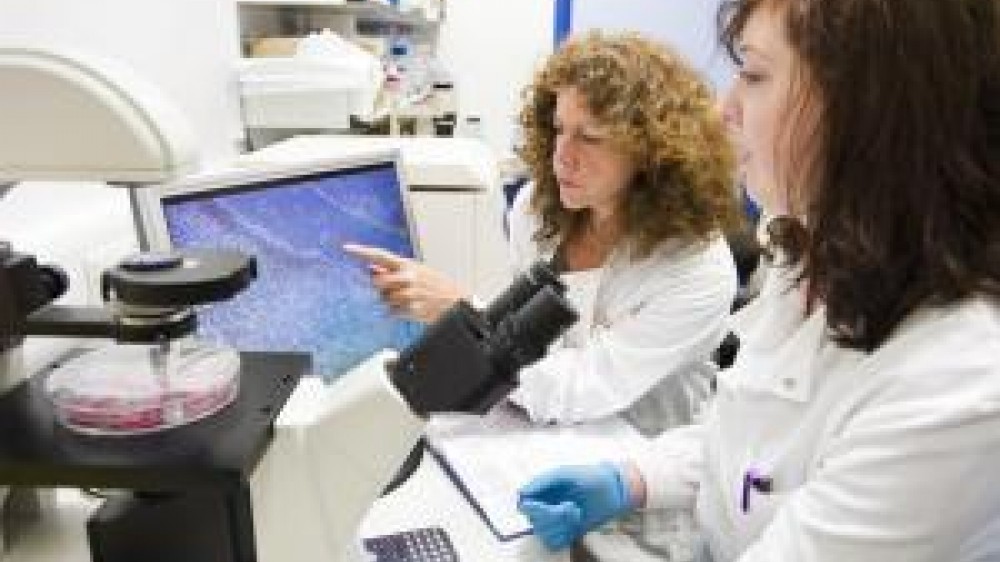
Our Regional Programme Managers, Kamar Ameen-Ali and Emma Stringer, have recently been working with universities on their web pages about animal research.
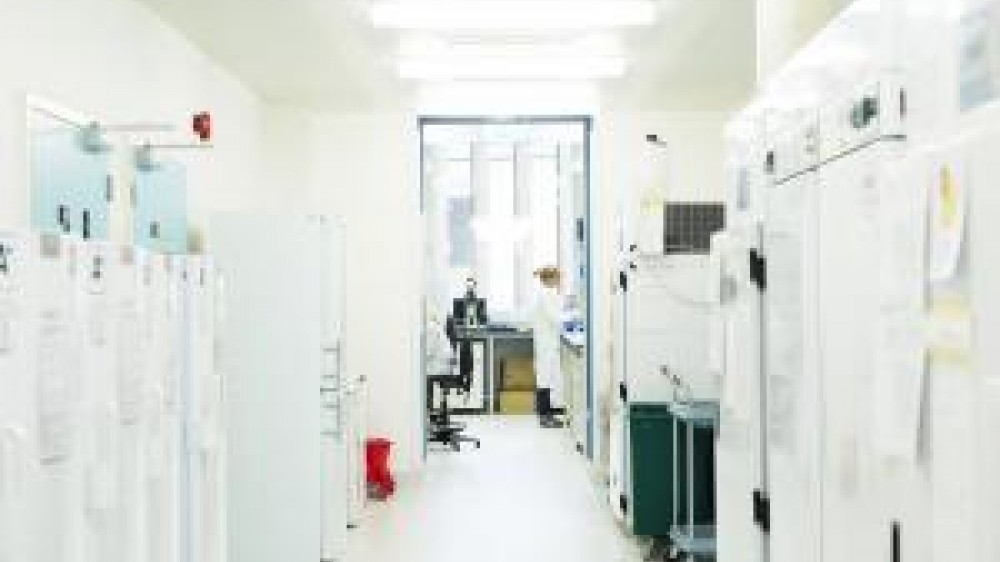
Working in partnership with three contract research organisations (CROs), the NC3Rs has recently published recommendations in Laboratory Animals for best practice in rat bile duct cannulation (BDC) studies.
The OECD has recently approved a refined test guideline for acute inhalation studies.* The Fixed Concentration Procedure (FCP) is a refinement over currently accepted methods since it uses fewer animals (e.g. five animals per study compared to ten
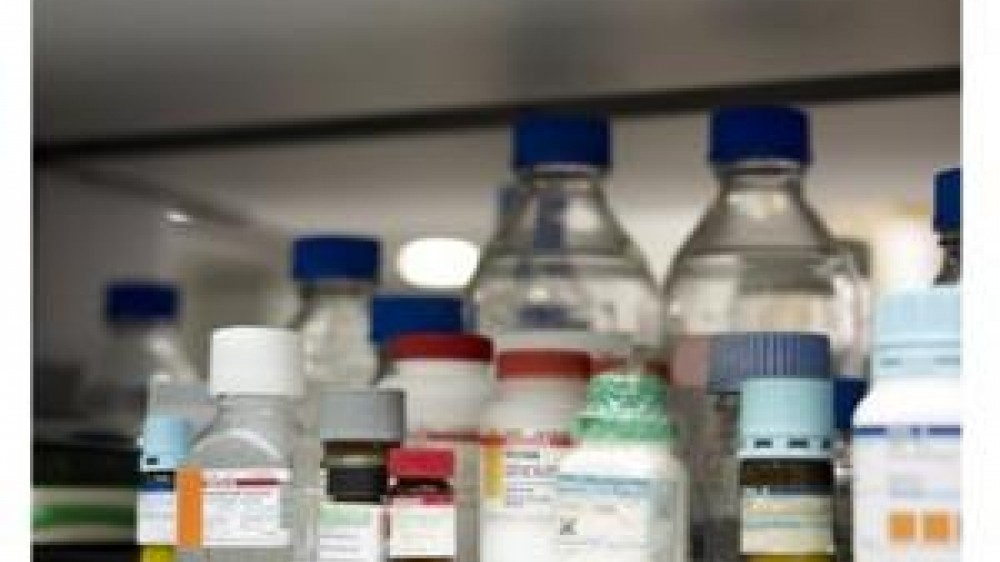
Two innovative projects have been awarded £50k each through the NC3Rs CRACK IT Solutions technology partnering programme.
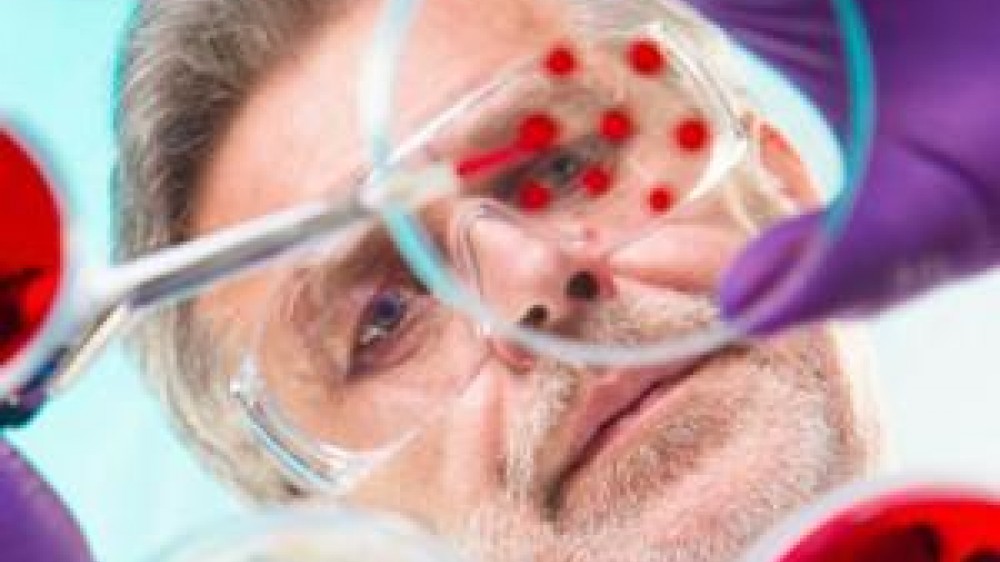
This year we have funding for three PhD studentships as part of our collaboration with the British Heart Foundation (BHF).
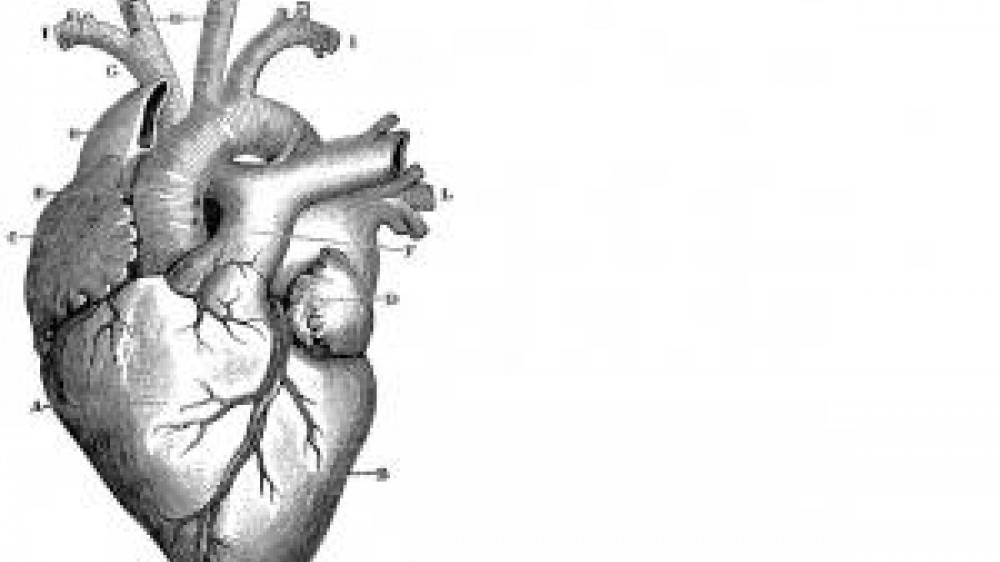
We have recently published a review focusing on our PhD studentships, which is now available on our website.
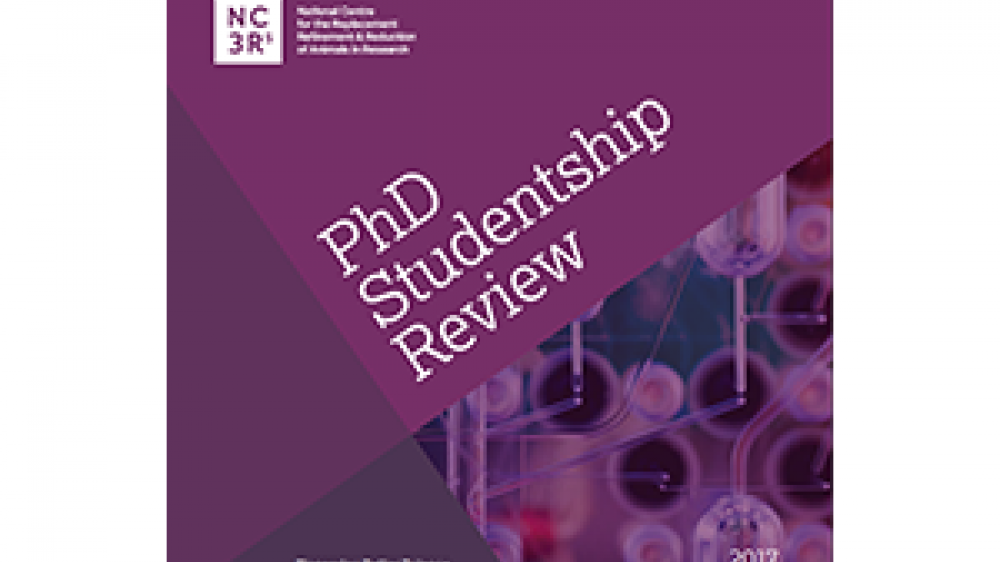
NC3Rs-funded PhD student Neal Rimmer, who works with Dr Jonathan McDearmid at the University of Leicester, shares his experience of participating in STEM for Britain, a competition that encourages early career researchers to promote their work by
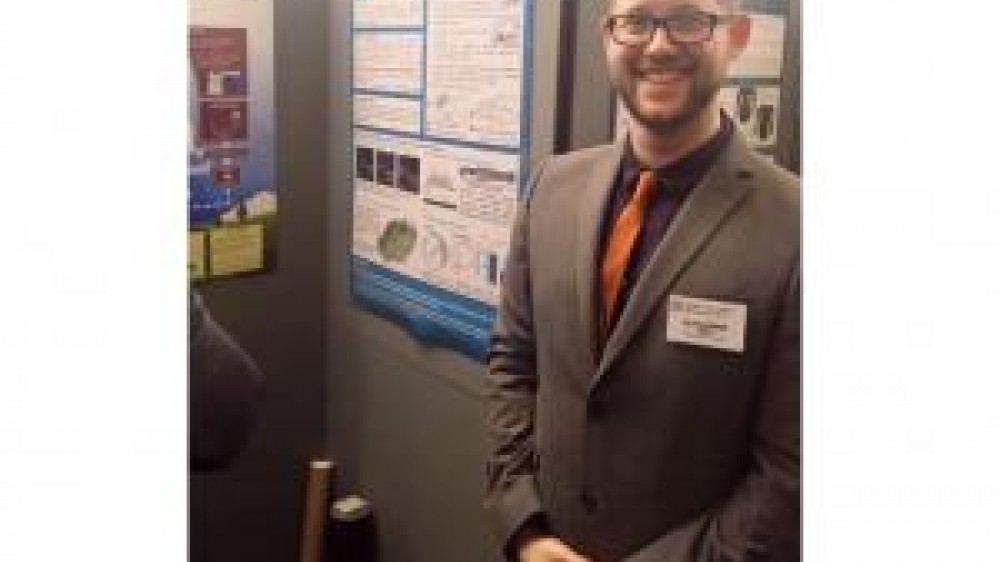
Two teams have each been awarded £100,000 through the NC3Rs open innovation competition CRACK IT Challenges.
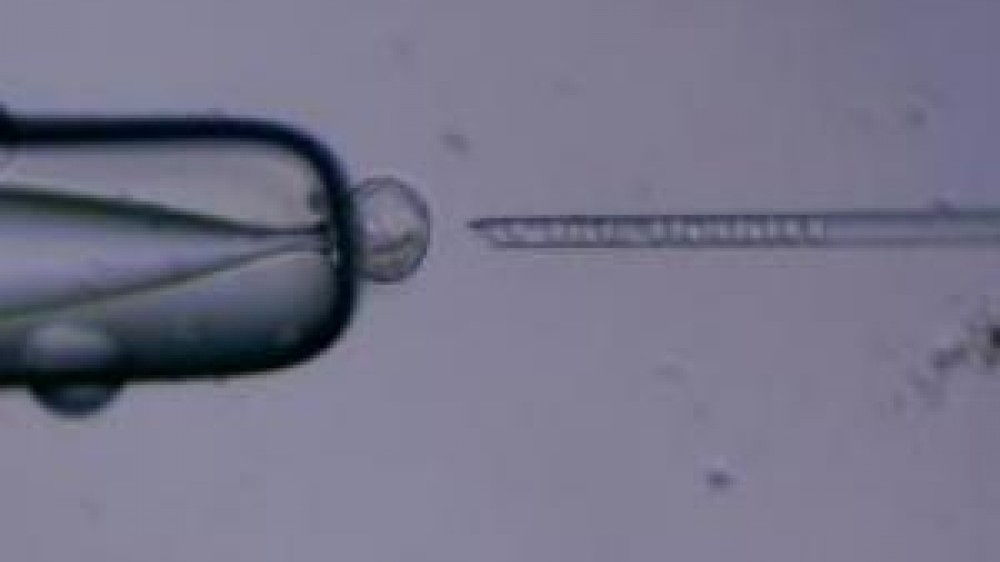
The Pint of Science festival is returning to pubs around the country on 15 - 17 May.
